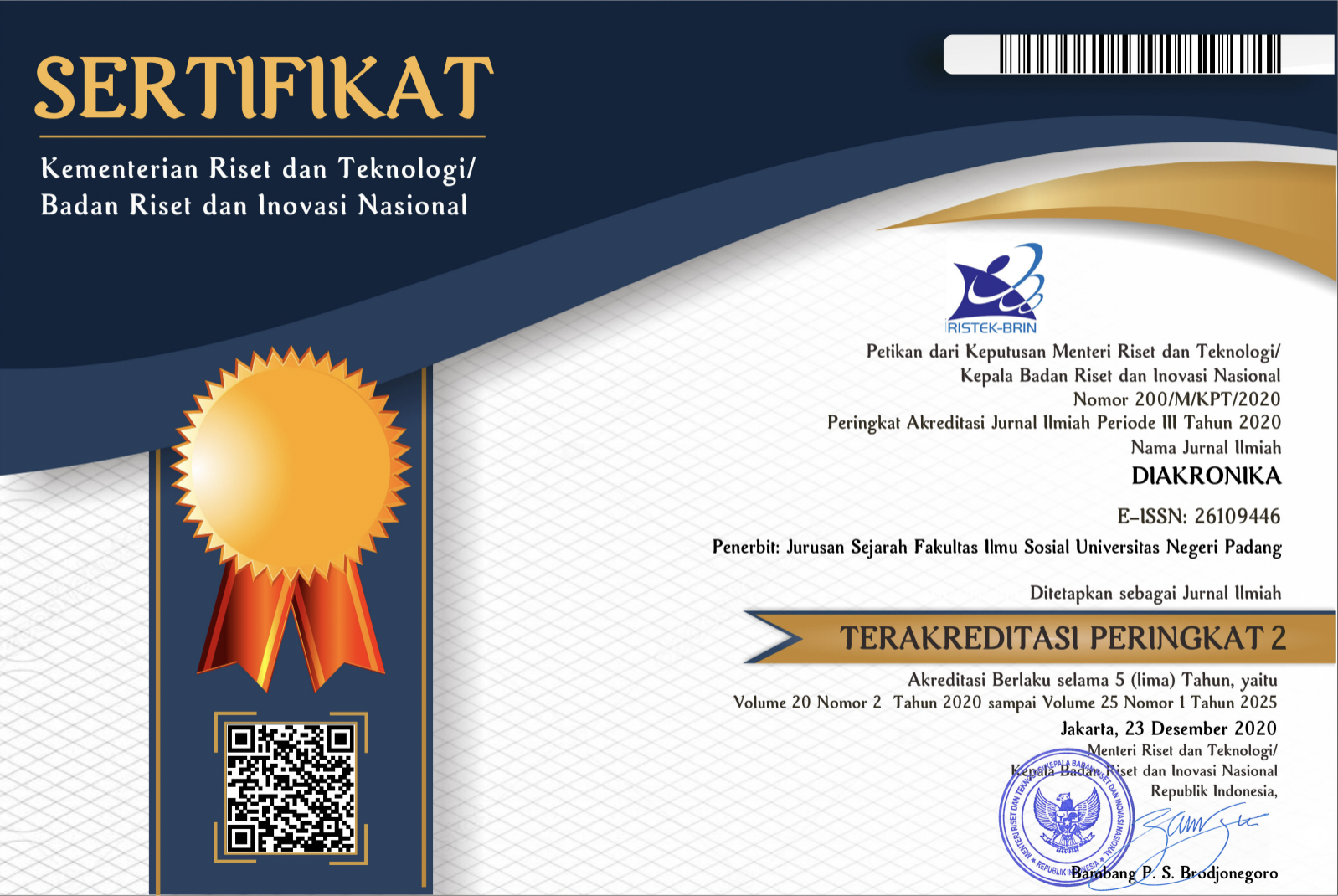The Meaning of Kenduri Death in the Terong Island of Batam City
Abstract
The purpose of this study is to explain the implementation of the tradition of death festivity on Terong Island, Batam City and explain more deeply the meaning contained in the tradition of death festivity. This type of research is descriptive qualitative. In this study data collection was carried out through direct observation to the object of research and to record a symptom and event related to the implementation and meaning of the tradition of death festivals, interviews directly and in depth (indepth interview) with religious leaders, community leaders, and the community as well documentation. Data analysis techniques using the Miles and Huberman model, namely data reduction, data display, and conclusion drawing / verification. The results of this study explain that the implementation of the festivity of death in Batam City Terong Island begins with the festivity of the first day, the third day (nige), the seventh day, the twentieth day, the fortieth day and the hundredth day. The festivity is also decorated with cash dishes from Terong Island which are believed by the community to have a special meaning. The meaning of feast on the first day is transferring the mortal realm to the original baqa and wadaq originating from the ground and returning to the ground. The meaning of the feast on the third day is to perfect the four things, namely, earth, wind, fire and water, luamah, anger, sufiah, mutmainnah. The meaning of the seventh day feast is to perfect the skin and nails of the body. The meaning of feasting on the fortieth day is to perfect the nature of his father and mother in the form of blood, flesh, marrow, stomach contents, nails, hair, bones, and muscles. While the meaning of the implementation of the hundredth day is the same as the meaning of the festivity on the fortieth day.
Keywords: meaning, tradition, festivity, death, Batam City, Terong Island.




